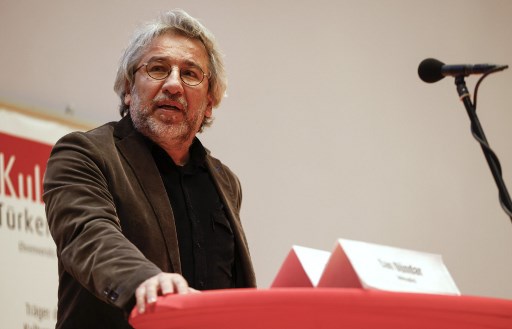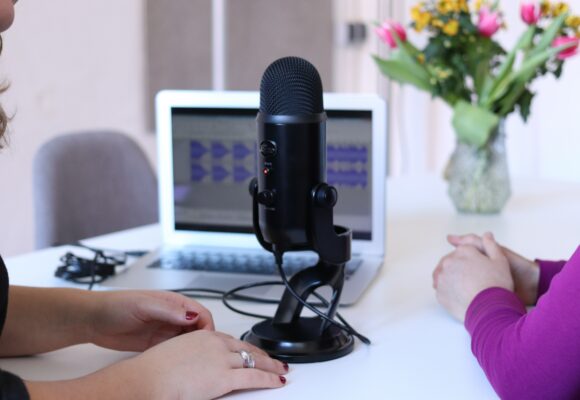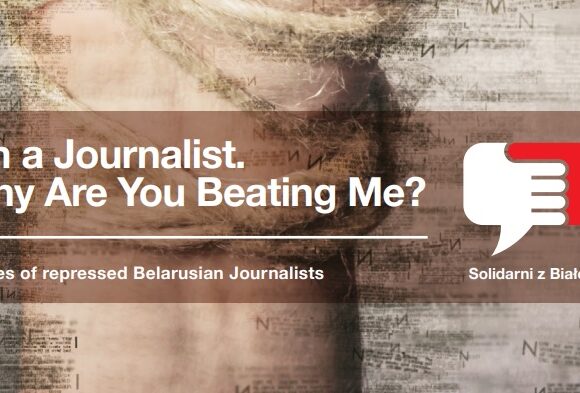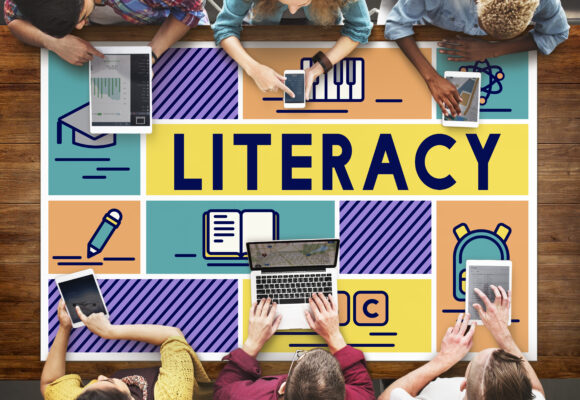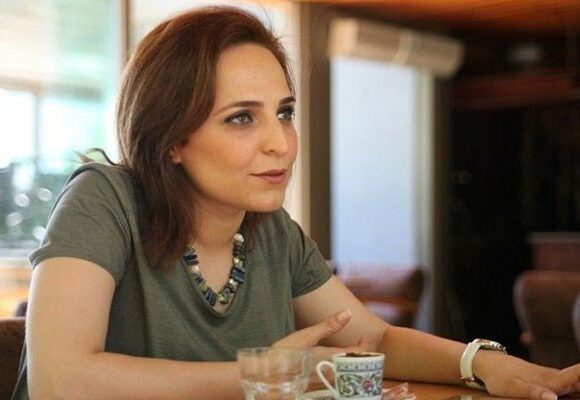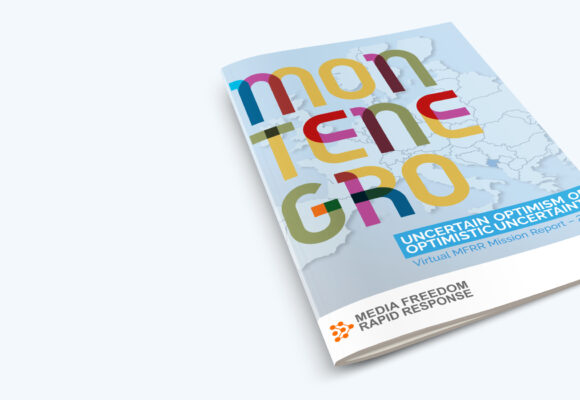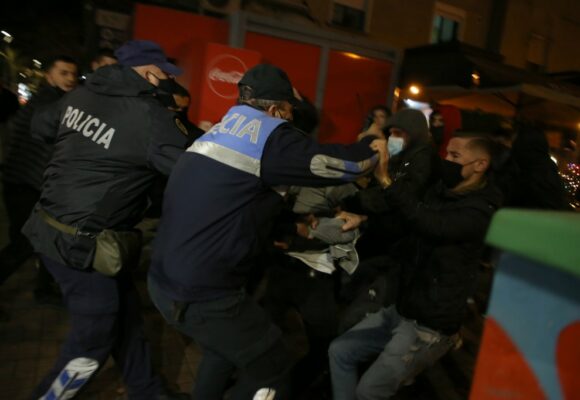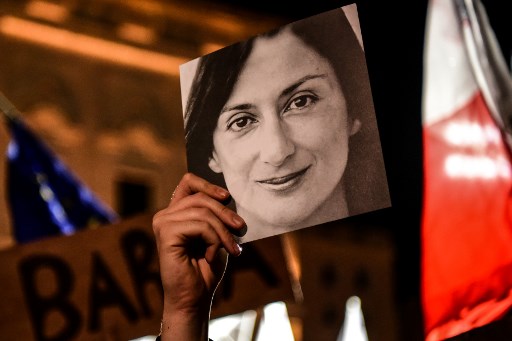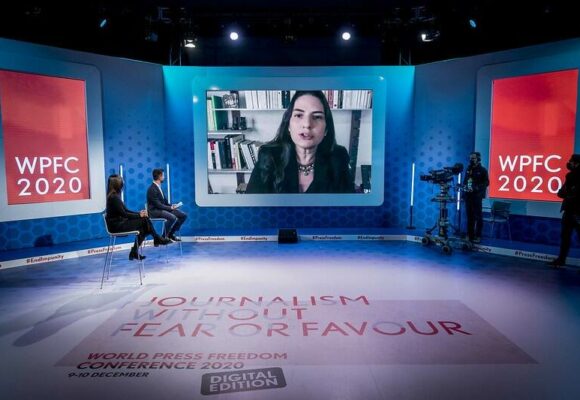60 journalists killed in 2020, including two in Europe
The International Federation of Journalists (IFJ) released its 2020 “killed list”. The year 2020 will go down in history as the year of an unprecedented global pandemic crisis, but also as the year of the resurgence of murders of journalists and media staff around the world. With 60 murders in 2020, including two in Europe, the macabre statistics are on the rise again compared to 2019 (49). IFJ records show that the current number of killings of media professionals are at the same levels as in 1990 when the IFJ started publishing annual reports on journalists and media staff killed,…



